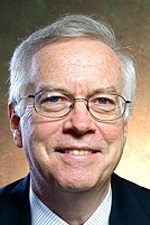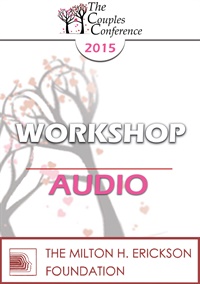CC15 Workshop 10 - Marital First Responders: A New Way to Engage Communities of Support for Couples - William Doherty, PhD
- Average Rating:
- Not yet rated
- Topic Areas:
- Couples Therapy | Workshops | Community
- Categories:
- Couples Conference | Couples Conference 2015 | Pioneers in Couples and Family Therapy
- Faculty:
- William Doherty, PhD
- Duration:
- 1:50:01
- Format:
- Audio Only
- Original Program Date:
- Apr 26, 2015
- License:
- Never Expires.
Description
Description: People turn to friends and family long before they go to a couples therapist. Marital First Responders is a new training program for people who are natural confidants on relationship problems: people turn to them for support and perspective. Learn what the training involves, tune your skills in being a confidant in your own social world, and see if you’d like to teach this course in your community.
Educational Objectives:
- Discuss key skills that confidants can learn to be more confident and effective
- Identify the prevalence of confidants about marriage and relationship problems.
*Sessions may be edited for content and to preserve confidentiality*
Credits
Handouts
| Timestamped Transcript (1.4 MB) | 36 Pages | Available after Purchase |
| Ericksonian Learning Snapshot (252.1 KB) | 2 Pages | Available after Purchase |
Faculty

William Doherty, PhD Related Seminars and Products
William J. Doherty is an educator, researcher, therapist, speaker, author, consultant, and community organizer. He is Professor and Director of the Marriage and Family Therapy Program in the Department of Family Social Science, College of Education and Human Development, at the University of Minnesota, where he is also an adjunct Professor in the Department of Family Medicine and Community Health.


